Capstone California Wine Certification
Capstone California is the official wine certification program of the California wine industry, created for wine students, professionals, and enthusiasts around the world. Whether you’re beginning your wine education or advancing your expertise, Capstone offers a clear pathway to understanding California wine at every level. Choose between flexible online self-study or instructor-led courses at partner wine schools worldwide.
How to Take Capstone California
Option 1: Self-Study (Online)
Learn independently online at your own pace.
- Perfect for flexible study
- Pay directly on the platform
- No tasting component included
- Eligible for Capstone Scholarships (Levels 1–3)
Option 2: Study With a Wine School (In-Person)
Learn Capstone with a certified wine educator in your region.
- Instructor-led sessions
- Includes guided tastings for each level
- Pricing set directly by each school
- Not eligible for online scholarships
Scholarship Program (Self-Study Only)
We’re committed to making California wine education accessible around the world. Students taking the self-study online format may apply for a scholarship for Levels 1–3.
Submit a short application explaining your interest and how Capstone will support your career. Our team will review and notify you if approved.
Apply for a Scholarship →Capstone California Courses
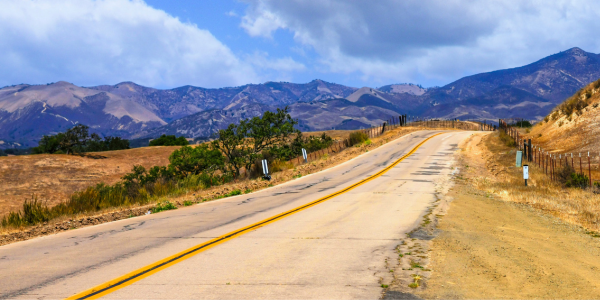
Capstone California 101 | 45-Minutes | Complimentary
A fast, friendly introduction to California wine: history, geography, grapes, regions, and sustainability. Designed for anyone curious about California wine or new to the Capstone program.
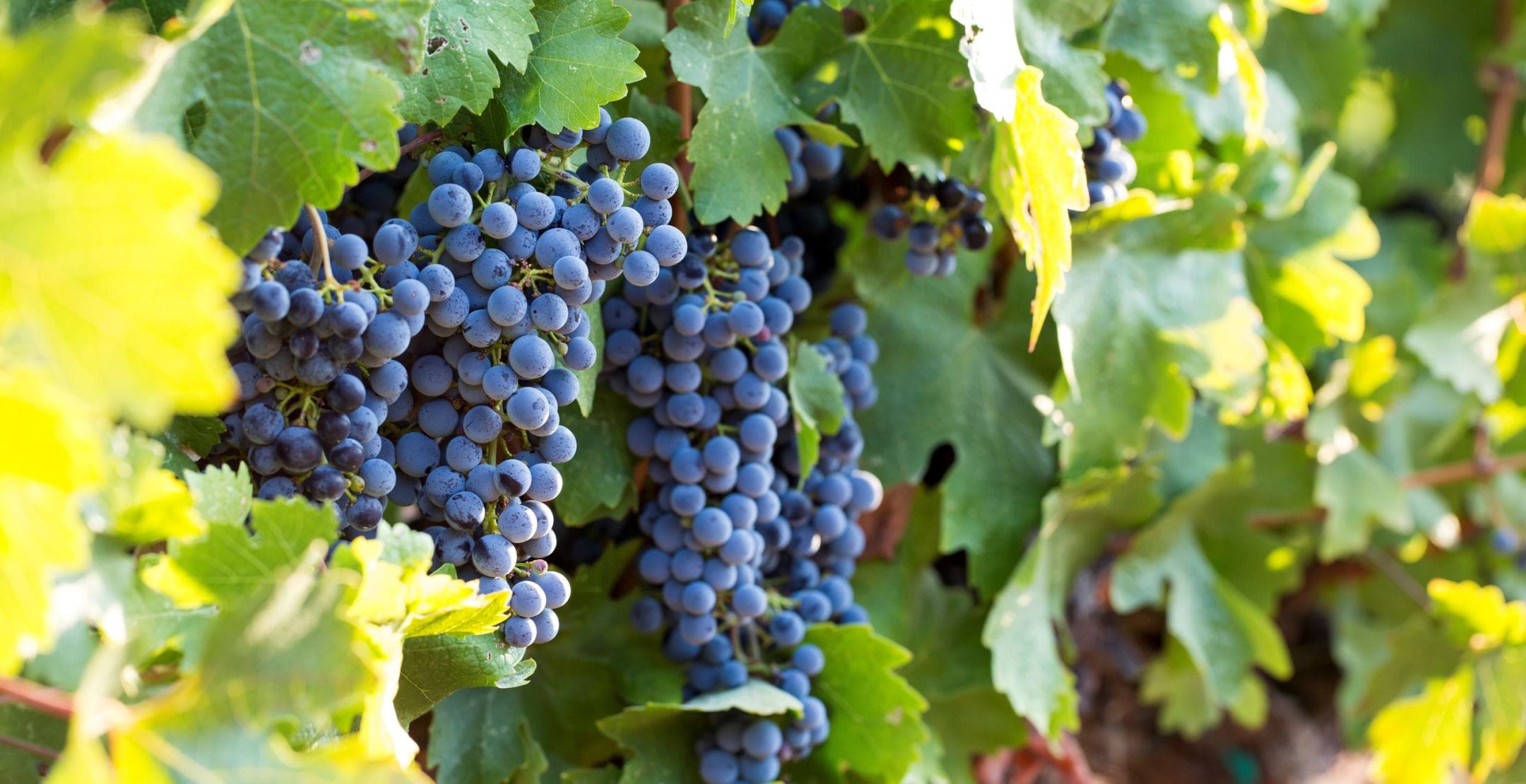
Introductory Level 1 | 6 Hours | US$175
A beginner-friendly overview of California wine, perfect for students new to the category.
What you'll learn:
- Key eras in California wine history
- Major wine regions and AVAs
- How geography, climate, and the Pacific Ocean shape wine styles
- Core grape varieties and their characteristics
- Fundamentals of viticulture and grape growing
- California’s global position in wine production and exports
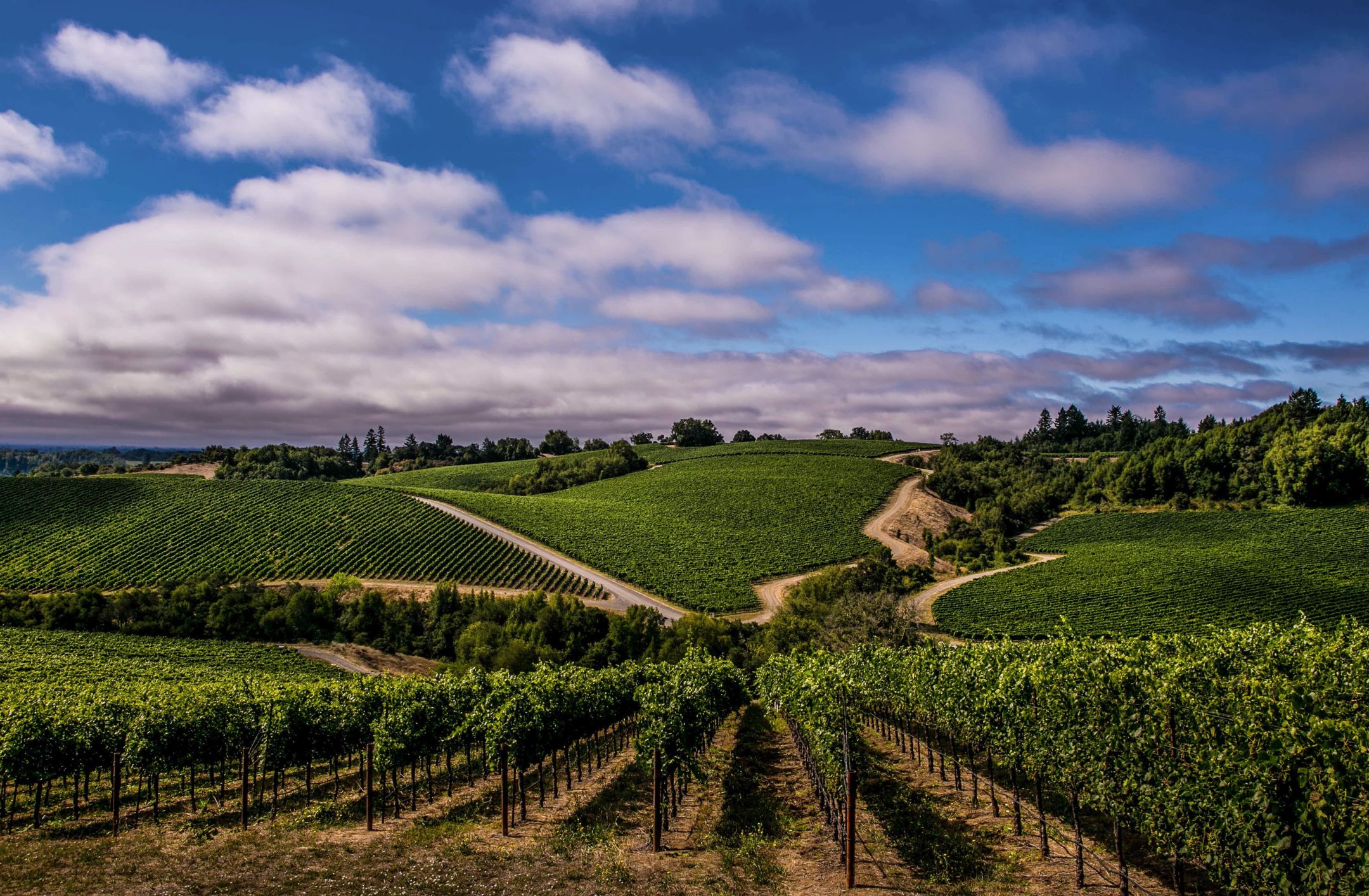
Intermediate Level 2 | 20 Hours | US$375
Designed for students ready to explore California wine in greater depth through expanded theory and analysis.
What you'll explore:
- Key historical figures and turning points in California wine
- Influential rivers, valleys, and mountain ranges
- In-depth study of major grape varieties and their regional expressions
- The annual lifecycle of the vine and vineyard practices
- Winemaking fundamentals, including oak use and fermentation techniques
- Broader exploration of AVAs across coastal, inland, and mountain regions
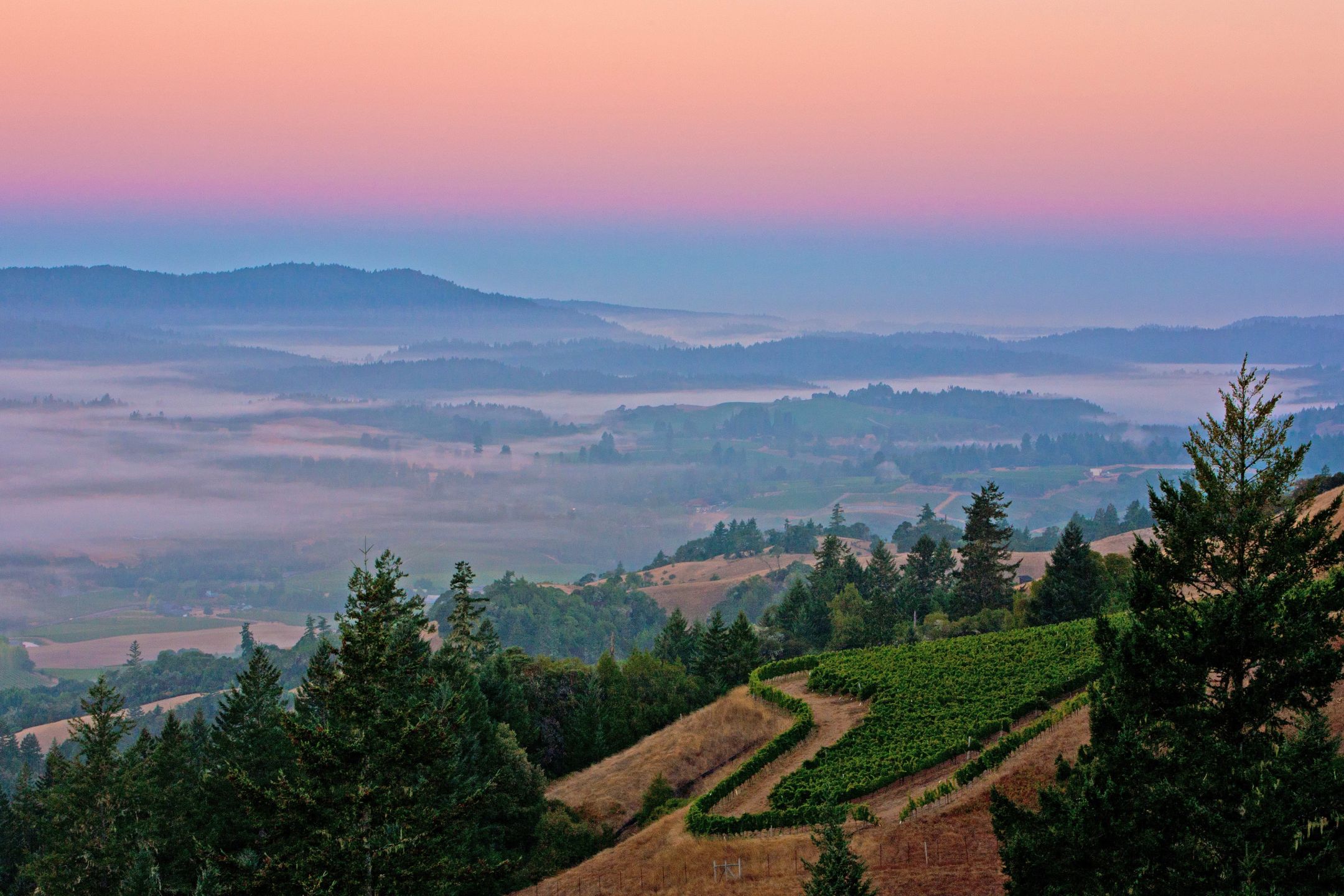
Advanced Level 3 | 50 Hours | US$975
A high-level professional course offering advanced insight into California’s wine regions, viticulture, winemaking, and industry structure.
Deep dives into:
- Detailed California wine history and major industry eras
- Climate classifications and the Winkler Index
- Soil types, vineyard sustainability, and farming methodologies
- Advanced viticulture: rootstocks, clonal selection, pests, irrigation practices
- Sparkling wine, rosé production, and stylistic variations
- Extensive AVA exploration across lesser-known and emerging regions
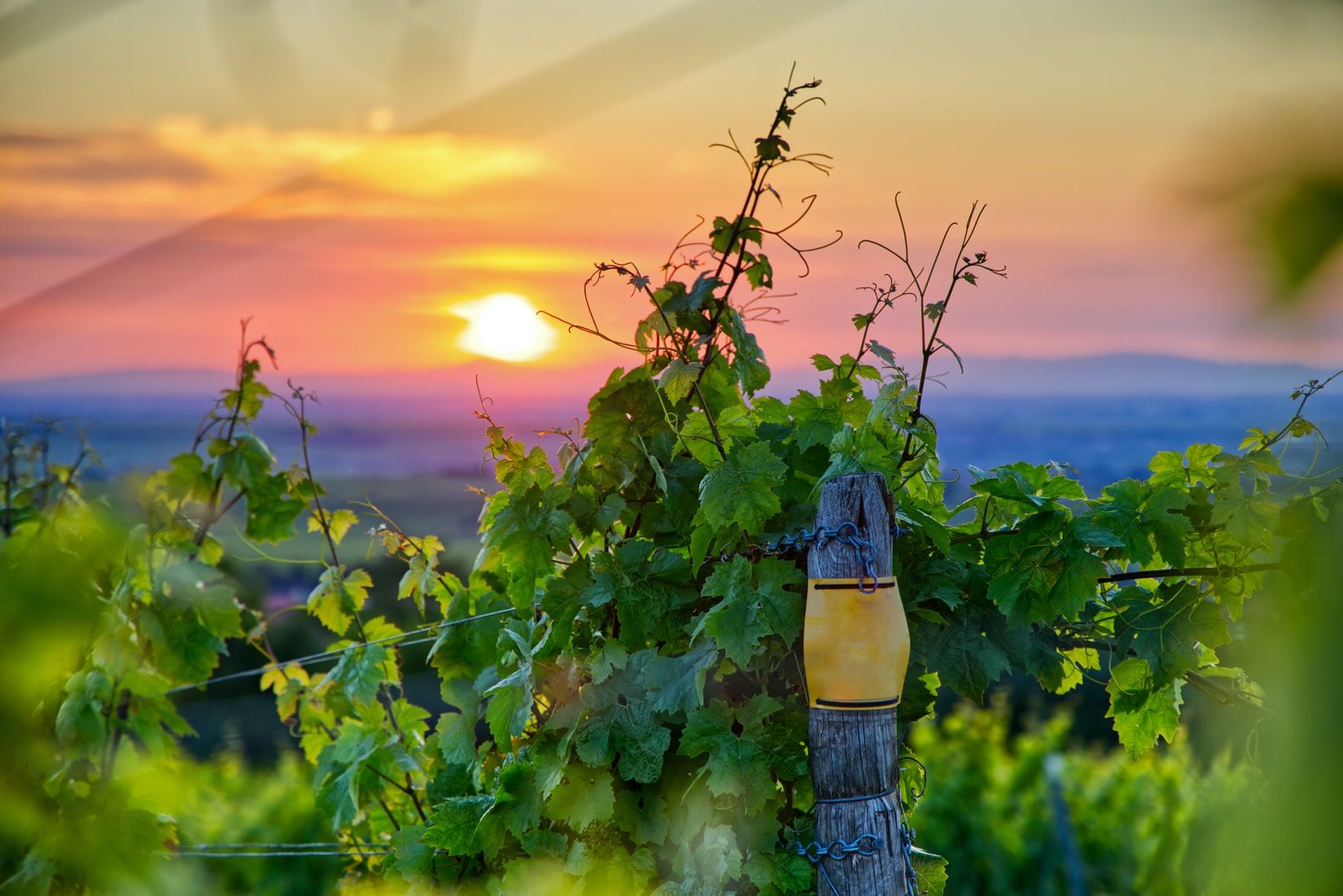
Expert Level 4 | 100 Hours | US$1,750
An expert-level course for highly committed students seeking critical, in-depth understanding of California wine—its history, evolution, and future—through advanced study and applied tasting.
Expert focus on:
- California wine history through collaboration, innovation, and key industry figures
- Iconic vineyards and benchmark wineries
- Sustainability certifications and climate-change responses in vineyards and wineries
- Old Vines, generational stewardship, and authenticity in California wine
- Current and emerging trends in viticulture and winemaking, including varieties, clonal research, fermentation, and élevage
- Expanded grape variety studies:
- White: Pinot Gris, Muscat, Chenin Blanc, Grenache Blanc, Riesling, Viognier
- Red: Petite Sirah, Malbec, Barbera, Petit Verdot, Grenache
- AVA development and recent appellation case studies
- Continued regional exploration, including Placer, Nevada, Calaveras, Yuba, Los Angeles, Cucamonga Valley, San Diego County, and more
- Comparative vintage analysis from the past 20 years across major California regions
